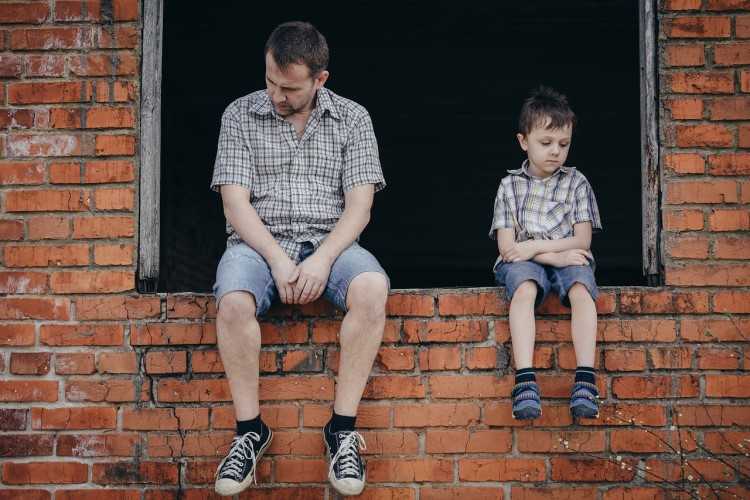
Goodwill investors are seen to be the key to addressing Australia's housing shortage problem for the vulnerable population.
According to a new Australian Housing and Urban Research Institute (AHURI) study, social impact investment would be able to provide assistance for vulnerable groups demanding for dwellings. Earlier this year, an Australian Institute of Health and Welfare report revealed that there are around 195,000 people still on social housing waiting lists.
Paul Flatau, one of the report’s authors, told Domain News that public housing stock could not cater to the size of the vulnerable low-income population anymore.
Also Read: The social and economic impact of the housing affordability crisis
"We’ve done the financial modelling … to see if investors are still getting a reasonable return at the low end of the rental market, and the answer is yes," he said.
The study considered several social impact investment options consisting of the bond aggregator model, social impact bonds, private capital impact investment firms, impact investment mutual funds, and social impact loans.
"In terms of the role of impact investing to finance low-cost affordable housing, our empirical findings suggest that social impact financial models that rely solely on rental streams could provide a steady annuity stream to investors in the current low-interest rate environment," the study said, stressing that capital gains returns add to the financial benefit of an impact investing option.
As far as supplementing a brick-and-mortar SII approach and supporting vulnerable populations in their efforts to enter and maintain housing, the social impact bond instrument seems to be the most feasible option.
Despite the promises these social impact investment financial instruments present, the study noted that the market would need assistance from the government, particularly in closing or minimising return gaps.
Collections: Mortgage News



Share